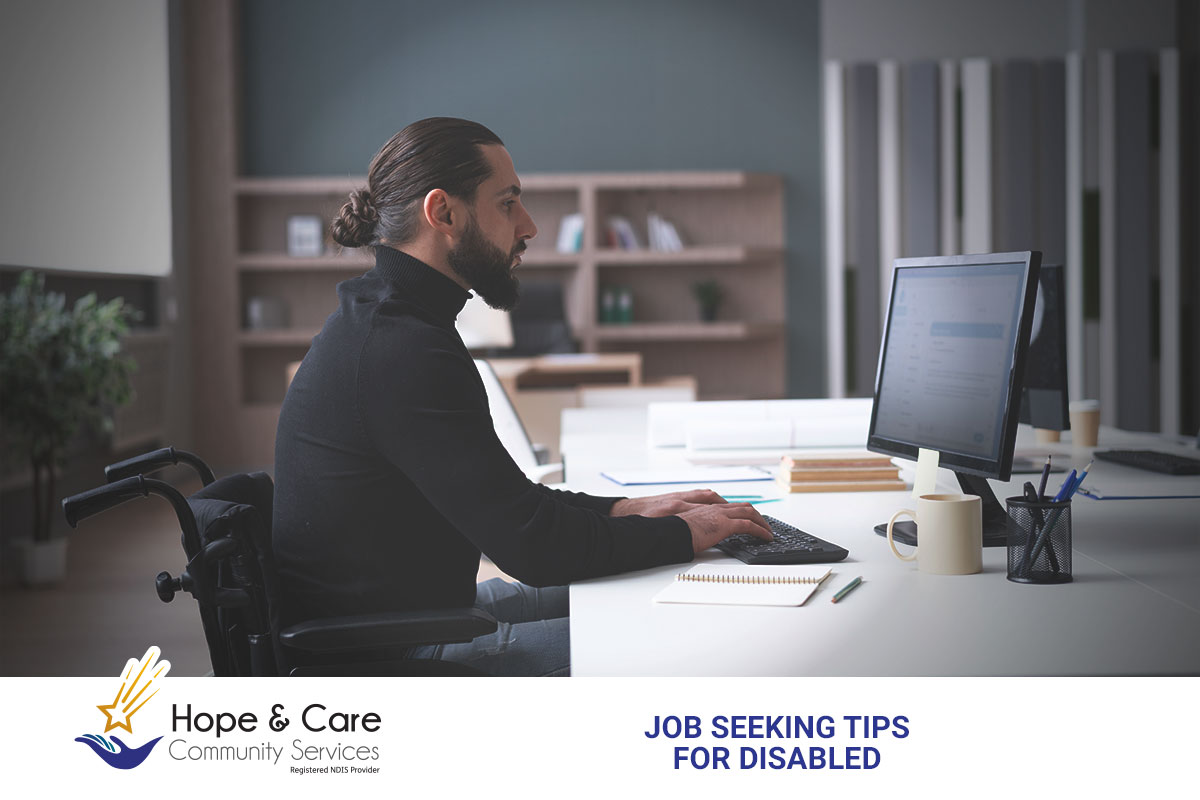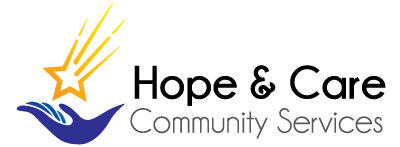
Graduating from university or college is a major accomplishment, but stepping into the workforce can feel like an uphill battle, especially for graduates with disabilities. Knowing how to navigate the disability job market and present your strengths is key to building a meaningful and fulfilling career.
In this guide, we will break down each step to help disabled graduates succeed in their job search, from finding inclusive employers to leveraging the National Disability Insurance Scheme (NDIS) for support.
Find Disability-Friendly Employers
Finding employers that prioritise diversity and inclusion can make a significant difference in your job satisfaction and growth opportunities. Many organisations are committed to building accessible workplaces, and starting your job search with these employers can lead to a better experience.
Steps to Identify Inclusive Employers:
- Explore Disability-Friendly Job Boards: Platforms like JobAccess https://www.jobaccess.gov.au/find-a-provider , Indeed’s disability employment section list jobs from inclusive employers and support organisations that champion diversity.
- Research Company Policies: Visit company websites and look for “Diversity and Inclusion” or “Our Values” sections. These often outline their commitment to creating a supportive and accessible workplace for all employees.
- Connect with Organisations Supporting Disabled Workers: Partnering with organisations or checking your university’s career services for guidance can help identify supportive employers.
Craft a Tailored Resume and Cover Letter
Your resume and cover letter are your chance to make a first impression, so it is essential to tailor them to showcase your unique skills, experience, and the specific value you bring to each role. For graduates with disabilities, this can mean emphasising skills like adaptability, problem-solving, and resilience.
Key Elements for an Effective Resume and Cover Letter:
- Showcase Relevant Experience: Highlight internships, volunteer roles, or part-time jobs that demonstrate relevant skills. Even if unrelated to the job directly, experience dealing with complex challenges can showcase your adaptability and perseverance.
- Tailor Your Cover Letter for Each Role: Address specific qualifications in the job description and mention how your experiences align with the company’s mission. Mentioning this directly shows your dedication and understanding of their work.
- Include a Strong Summary Section: Use this space at the top of your resume to highlight your strengths. Examples might include a strong work ethic, ability to overcome challenges, or a unique perspective you bring.
Leverage Professional Networks and Mentorships
Building a network is invaluable when starting a career. Networking provides job leads, mentors, and insights into your industry. As a disabled graduate, connecting with professionals who value diversity can offer further support and understanding.
Strategies for Effective Networking:
- Join Professional Organisations and LinkedIn Groups: Many organisations provide resources for disabled professionals. Joining LinkedIn groups focused on career support for disabled individuals can also offer networking opportunities and job leads.
- Utilise University Career Services and Alumni Networks: Most universities offer career counselling, which may include specific support for disabled graduates. Alumni networks can be excellent resources for informational interviews and potential referrals.
- Attend Job Fairs and Networking Events: Look for disability-inclusive job fairs, which are becoming more common and give you a chance to meet employers already committed to inclusive hiring. Disability Employment Services (DES) often partner with these events to help connect job seekers and employers.
Use NDIS Support to Further Your Career Goals
The National Disability Insurance Scheme (NDIS) provides a range of supports to help people with disabilities achieve employment goals. Using these resources can help you develop the skills and confidence needed to succeed in your job search.
How to Leverage NDIS Support Services:
- Access Resume Building and Interview Preparation Services: Some NDIS providers specialise in employment support, offering guidance on resume writing, cover letter drafting, and interview techniques. These services can be particularly helpful for first-time job seekers.
- Use NDIS Funding for Skill-Building Programs: If there are specific skills you need for your field, such as computer training, communication skills, or job-specific certifications, NDIS may help cover the cost.
- Plan for Workplace Accessibility Needs: Through NDIS, you can apply for funding for specialised equipment or technology. For example, if you require adaptive devices or adjustments to perform your job effectively, NDIS can often provide support for these needs.
Prepare for Interviews with Confidence
Job interviews can be daunting, but with preparation, you can approach them confidently. Employers who value inclusivity will appreciate your unique perspective and the skills you bring, so focus on these aspects during your interview.
Key Tips for Interview Preparation:
- Practice Answering Common Questions: Practising answers to common interview questions can help you articulate your experiences and skills. Consider doing mock interviews with a mentor or career counsellor.
- Focus on Your Abilities, Not Limitations: When discussing your skills and background, emphasise your accomplishments and strengths. If you feel comfortable, you can mention how overcoming challenges has strengthened skills like resilience or problem-solving.
- Understand Your Rights and Request Accommodations if Needed: In Australia, employers are legally required to provide reasonable accommodations. Familiarise yourself with your rights, and if you need specific accommodations, do not hesitate to ask for them during or after the interview process.
Be Open to Different Types of Roles and Work Environments
While many graduates aim for traditional full-time roles, consider exploring a range of employment types. Flexible, remote, freelance, or part-time positions can provide valuable experience and often offer more accommodating work environments.
Exploring Flexible Opportunities:
- Consider Remote or Part-Time Roles: Remote jobs and flexible roles can allow you to build your skills on a schedule that suits your needs.
- Look for Supported Internships or Graduate Programs: Some companies offer internships specifically for disabled individuals, providing real-world experience in a supportive environment. Graduate programs for people with disabilities are also offered by some Australian employers.
- Volunteer to Build Experience: If paid roles are challenging to secure initially, consider volunteer positions to gain experience. This work can help build your resume and establish industry connections, making it easier to transition to paid roles.
Final Thoughts: Navigating the Workforce with Confidence
Starting a career as a recent graduate with a disability may come with unique challenges, but with the right preparation and support, you can succeed. By identifying inclusive employers, leveraging networking opportunities, and taking advantage of NDIS resources, you’re well-equipped to secure a fulfilling job that values your skills and contributions. Stay resilient, remain open to opportunities, and remember that the right employer will recognise and celebrate the value you bring to their team.
Finally, as Registered Provider, we understand the intricacies of the navigating services on your own. Unlock the full potential of your funding and provide the guidance you need to reach your goals. Feel free to Contact Us to explore how we can assist you on your journey. For instance, the NDIS is there to make a positive difference in your life, and we’re here to help!.
Want to learn more? Read other articles :
- Redefine Independence your own way – with HCCS
- Who’s Who: The Key Terms of Your NDIS Plan
- Foundational Supports: Building Blocks of NDIS Success
HCCS is a registered NDIS provider. Learn more about our services.
♥ We are available in Brisbane! – Our team is just a call away!
